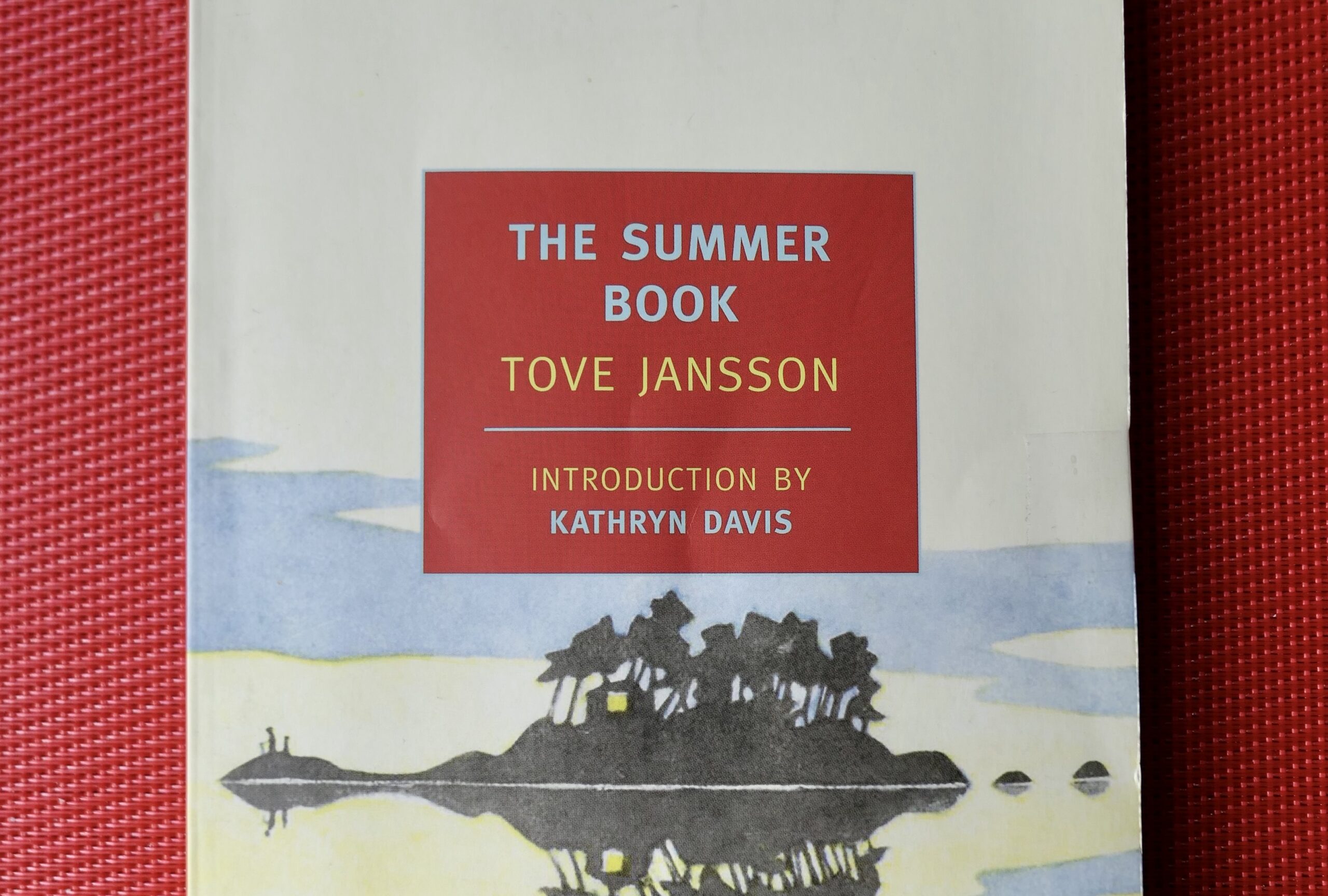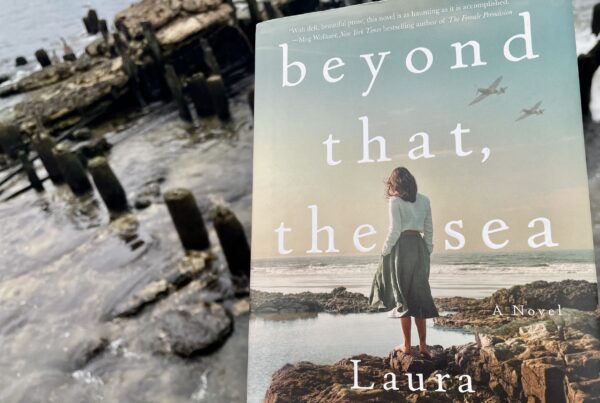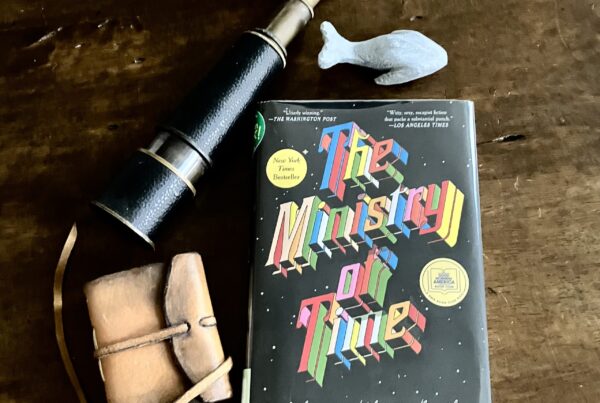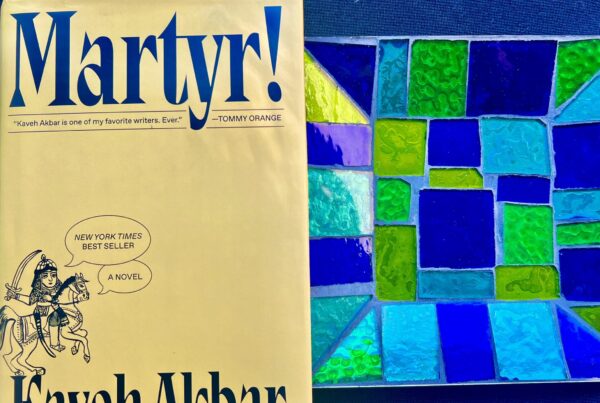I am late to discovering the celebrated Finnish-Swedish author Tove Jansson, who passed away nearly 25 years ago at age 86, leaving a vibrant legacy of writings, comics, and art, including the enormously successful Moomin chapter books for children. A while back, my mother gave me Jansson’s adult novel, The Summer Book (translated from Swedish by Thomas Teal), and I read the slim paperback in a single sitting.
I appreciated the quiet beauty of Jansson’s prose, reminiscent of Claire Keegan’s novellas, Foster and Small Things Like These. Needless to say, the second time I read The Summer Book only deepened my admiration.
The premise is simple: After her mother dies, a young child and her father come to live with her grandmother on a tiny, sparsely-populated island in the Gulf of Finland, where the father grew up. Sad but resilient, Sophia begins to explore the sights, sounds, smells, and tastes of her new home. The summer unfolds in a relaxed rhythm. This is not to imply that nothing happens. Quite the opposite.
As they get to know each other, the no-nonsense old woman, near the end of her life, and the clever little girl, at the beginning of hers, embark on adventures big and small. Some afternoons they walk along the shore to collect bones and gaze at the sky. On fair days, they take the dory out for a paddle around the archipelago. In the island’s “magic forest,” they gather fallen branches for Grandmother to carve into animals.
Sophia pitches a tent in the yard, sparking a memory from her grandmother’s childhood. They feast on herring and poached pears. They collaborate on a book about worms and other creatures. In the novel’s most dramatic scene, Sophia, her father, and her grandmother narrowly escape a violent storm.
Even at six years old (and admittedly quite precocious), Sophia understands that her grandmother’s body and mind are slowing down:
“They crawled on through the pines, and Grandmother threw up in the moss.
‘It could happen to anyone,’ the child said. ‘Did you take your Lupatro?’
Her grandmother stretched out on the ground and didn’t answer.
After a while Sophia whispered, ‘I guess I can spare some time for you today.’”
In tender moments, she fetches her grandmother’s walking stick and offers her arm when the old woman feels unsteady. Through her unsentimental caregiving, Grandmother helps to heal the girl’s broken heart by immersing her in the island’s wonders. They nap together. They talk about life. They giggle and argue and ponder.
Throughout, the author’s luminous descriptions resonate with breathtaking clarity:“The arabesques sank into the ground and turned green with moss, and the trees slipped deeper and deeper into each other’s arms as time went by,” and, “The whole ocean held its breath. Sophia and her grandmother stood out on the granite in their nightgowns and watched. The strange boat slid closer and closer, with its motor throttled down and its lights reflecting in the water like dancing snakes of fire.”
Enhanced by Jansson’s delicate pen-and-ink drawings, The Summer Book offers a poignant glimpse into the magnificence and complexities of life. The island’s animals, plants, birds, fish, bugs, and humans – with their frailties and inescapable mortality – are the stars of this timeless story, which was first published in 1972.
Last fall, The Summer Book film, shot on location in Finland, premiered at a festival in Europe. I’ll be excited to see this adaptation when (and if) it makes its way to the U.S., especially since Glenn Close plays the wise grandmother.
Meanwhile, I plan to read more from Jansson’s sweeping catalog. Lucky for us, much of it remains in print.




